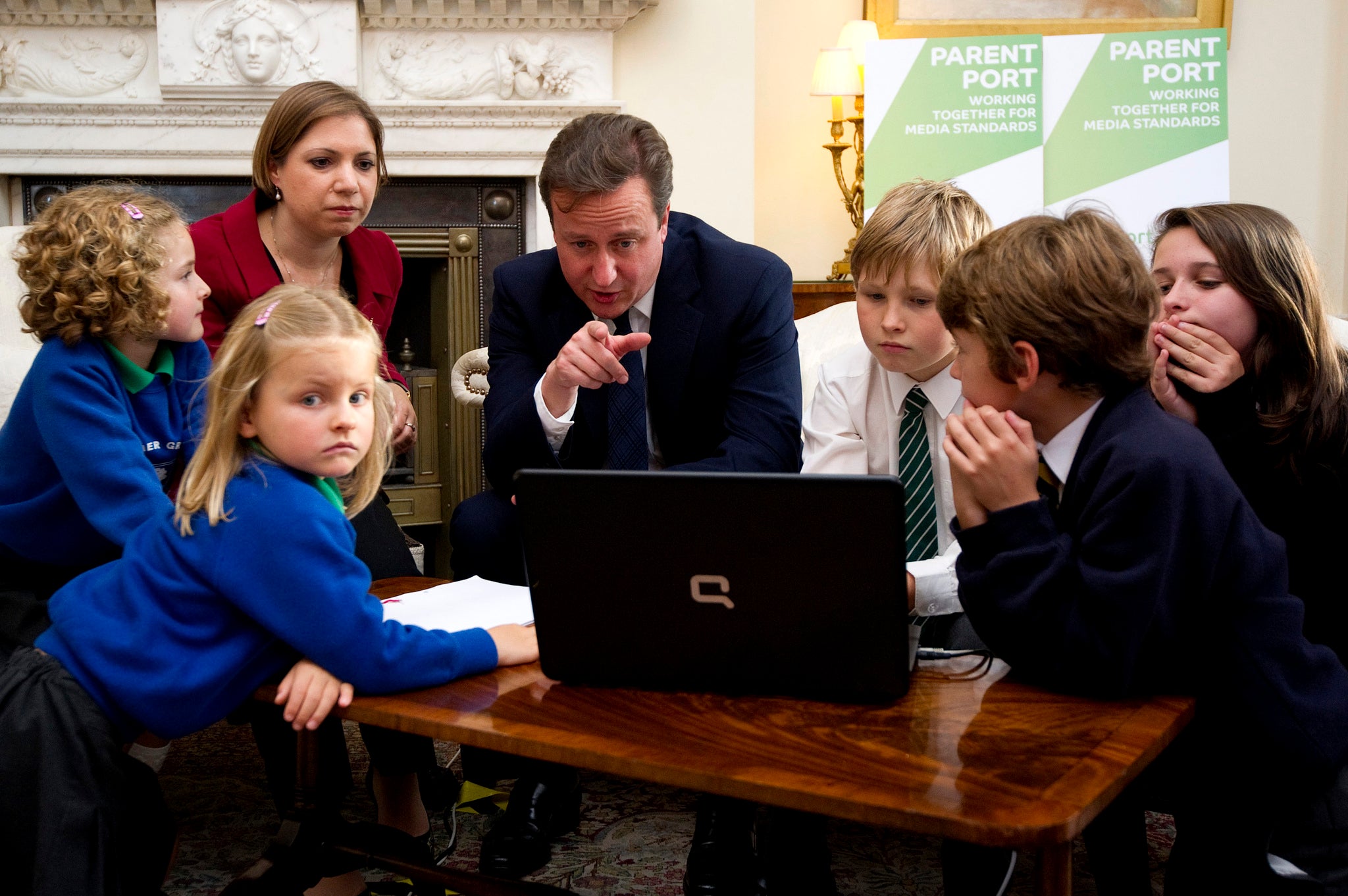Ofcom report shows children can easily bypass internet filters
The introduction of opt-out filters by the four major ISPs has been controversial, with reports of legitimate content being blocked

A new report by regulator Ofcom suggests that internet filters used to limit access to inappropriate content online are easily circumvented by children.
Researchers found around one in five (18 per cent) of 12 to 15-year-olds had the technological know-how to disable internet filters, though only 6 per cent admitted doing so in the past year.
The vast majority of eight to 15-year-olds also described themselves as confident about their online activities, with 83 per cent of 8-11s and 91 per cent of 12-15s reporting that they were happy they could stay safe online.
Although many parents questioned in the report felt that their child knew more about the internet than they do (44 per cent of parents with children aged between eight and 11), the majority were happy with how their children used the internet.
Eighty-three per cent of parents of five to 15-year-olds say that they trusted their children to use the internet safely and 70 per cent of these felt that the benefits of the internet outweigh the risks.
Culture Secretary Maria Miller responded to the report, noting that filters were not “a silver bullet”, and saying: “Parents have a central role to play in protecting their children, including by talking to them about how to stay safe online.”
The introduction of filters by the major internet service providers (ISPs) have proved to be a controversial issue, especially after early reports emerged of the programs blocking legitimate content.
A report conducted by BBC Newsnight found that filters by TalkTalk, Sky and BT were all found to block websites offering advice on sexual health whilst BT’s filters even allowed parents to censor information about pregnancy and contraception.
Proponents of the filters have argued that these problems are to be expected in the early stages of integration, and that by forcing parents to make a choice online content the filters are helping individuals with low computer skills protect their children.
Subscribe to Independent Premium to bookmark this article
Want to bookmark your favourite articles and stories to read or reference later? Start your Independent Premium subscription today.

Join our commenting forum
Join thought-provoking conversations, follow other Independent readers and see their replies